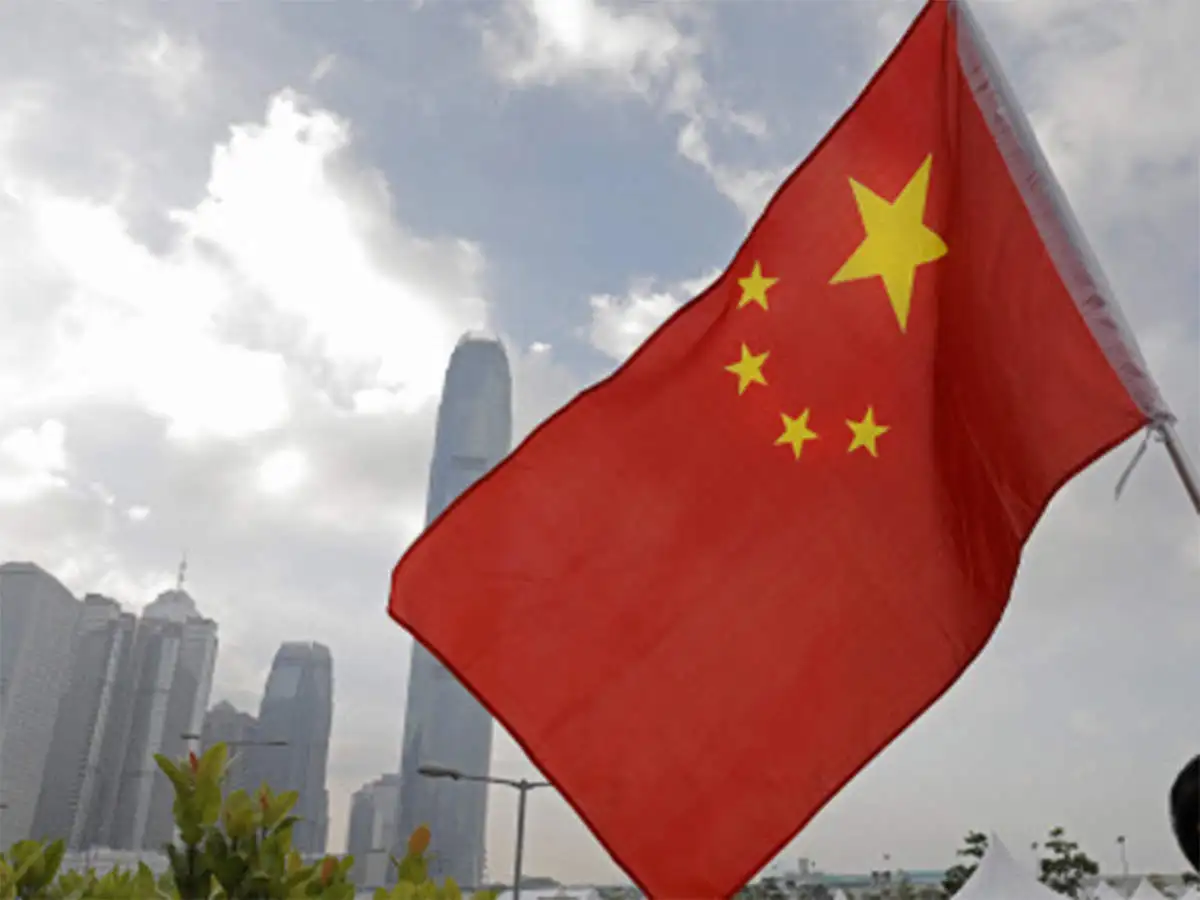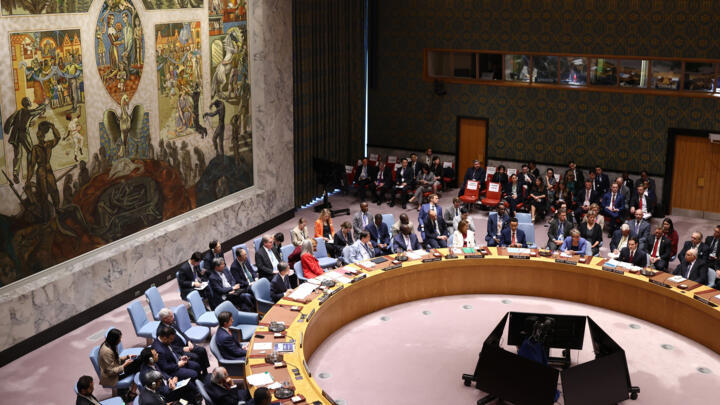Pakistan and Afghanistan Sign Preferential Trade Agreement
Pakistan and Afghanistan Sign Preferential Trade Agreement – Tariffs Slashed to Boost Bilateral Trade
In a significant step toward strengthening regional economic cooperation, Pakistan and Afghanistan have signed a Preferential Trade Agreement (PTA) aimed at lowering tariffs and enhancing cross-border trade. The deal was signed in Islamabad on Wednesday by Afghan Deputy Minister for Commerce and Industry Mulla Ahmadullah Zahid and Pakistan’s Commerce Secretary Jawad Paul.
According to officials from the Ministry of Commerce, the agreement includes a mutual reduction in import tariff rates—from the current 60% down to 27%—on a range of agricultural products. The PTA is set to take effect from August 1, 2025, following approval by Pakistan’s Federal Cabinet, and will initially remain in force for one year, with the possibility of extension upon mutual consent.
- Afghanistan will reduce tariffs on mangoes, kinnows, bananas, and potatoes imported from Pakistan.
- Pakistan will lower duties on grapes, pomegranates, apples, and tomatoes imported from Afghanistan.
The goal, officials said, is to promote smoother trade flows and strengthen agricultural ties between the two neighbouring countries.
In addition to the PTA, both sides have agreed to establish a technical committee to initiate discussions on a Transit Trade Agreement (TTA). This would further facilitate the movement of goods between Central Asia and South Asia via Pakistan and Afghanistan.
Commerce Ministry representatives emphasised that the PTA marks a new chapter in bilateral economic relations, fostering trade diversification and enhancing regional connectivity. The agreement is expected to benefit farmers, exporters, and importers on both sides of the border.
Once approved by the cabinet, the agreement will become a key part of Pakistan’s broader strategy to improve trade ties with neighbouring countries and unlock new markets for local produce.


















